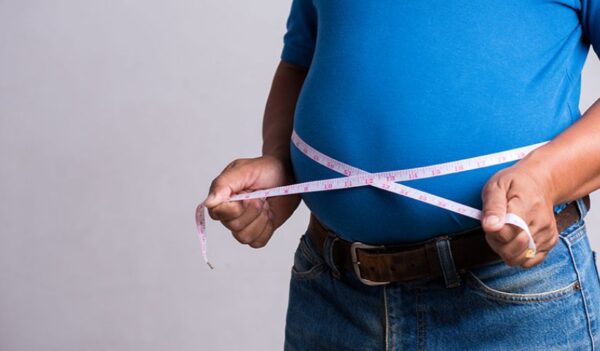Lifestyle
Do waist trainers really work for belly fat? Here are 7 things you need to know

Waist training is the process of reducing your natural waist size and accentuating curves with the aid of waist trainer or a tight-laced corset.
These waist shapers are supposed to give the wearer an exaggerated hourglass figure, which is a tiny waist and curves over the hips. It has been around since the Victorian times and was known as corset.
The first corset dates back to the late 1500s or early 1600s according to Fashion Time, since then, the original design has altered quite a bit, but with the same adverse health effects that come with cinching one’s waist.
Firstly let’s look at how waist trainers are marketed and what companies claim that waist trainers can do for you.
The claims are plenty and almost too goof to be true but the common ones include helping you lose fat and inches from your waist, metabolising fat, releasing toxins, compressing your core, and helping you eat less.
Firstly, experts do not support the use of waist training as there isn’t sufficient support for the benefits and too many risks. They claim that there are simply too many risks involved.
If you’re considering using a waist trainer for extensive periods of time, it’s important you have all the facts and make sure you’re not causing more harm than good.
Take a look at these 7 waist trainer tips that you need to know!
1. It makes you look slim at the waist
They do have that instant effect, just put it around your waist immediately looks smaller, taut and tiny. Waist training can also serve as a constant reminder of your present shape, aiding a sense of restriction which can motivate individuals to diet.
2. It may lead to temporary weight loss
Some people find that during workouts waist training can increase body temperature, causing you to sweat more and this might temporarily show up as weight loss. However, be aware that this is just a temporary solution and it it will only work for you long-term if you combine it with regular exercise and a good diet.
3. It doesn’t get rid of body fat in the long run
The problem is that waist training only makes you look slimmer while you are wearing the corset. Once you take it off, your body will soon revert back to its normal shape.
This is because wearing a corset will have no effect on the amount of body fat that you have. In order to get long-term results from waist training, you would need to wear the corset all the time.
4. It can cause your organs to shift with potentially dangerous consequences
With waist training, the upper organs move upwards, and the lower organs shift downwards. This can then put a similar pressure on the abdomen – which has been known to cause constipation.
A shift in the pressure on your internal organs means you will be less tolerant of certain foods, including gas-producing and fatty foods, and some individuals might find that normal portion sizes are too much. It can also lead to unwanted bouts of acid reflux and upset the functioning of your stomach.
5. It can cause dehydration
You might see an increase in body temperature and excessive sweating whilst ‘waist training’ during exercise, which can cause dehydration. To minimise any symptoms, we would advise people to stay fully hydrated.
6. It can affect your back muscles
Prolonged waist training means your abdominal muscles aren’t as active, even if you are exercising regularly. Waist training has the potential to cause a weakening of the back and abdominal muscles, as you are not relying on using these muscles for posture when wearing the corset.
The corset provides the support, not the muscles, and if the muscles are not used they will waste.
7. It can affect your breathing
Tightness and repeated use of your waist trainer can cause cramps, discomfort and pinching if it is too tight. This restriction and tightness around the waist could interfere with the appearance and general health of your skin.
Furthermore, the quality and depth of your breathing, particularly if wearing your ‘waist trainer’ while exercising, is also affected.










